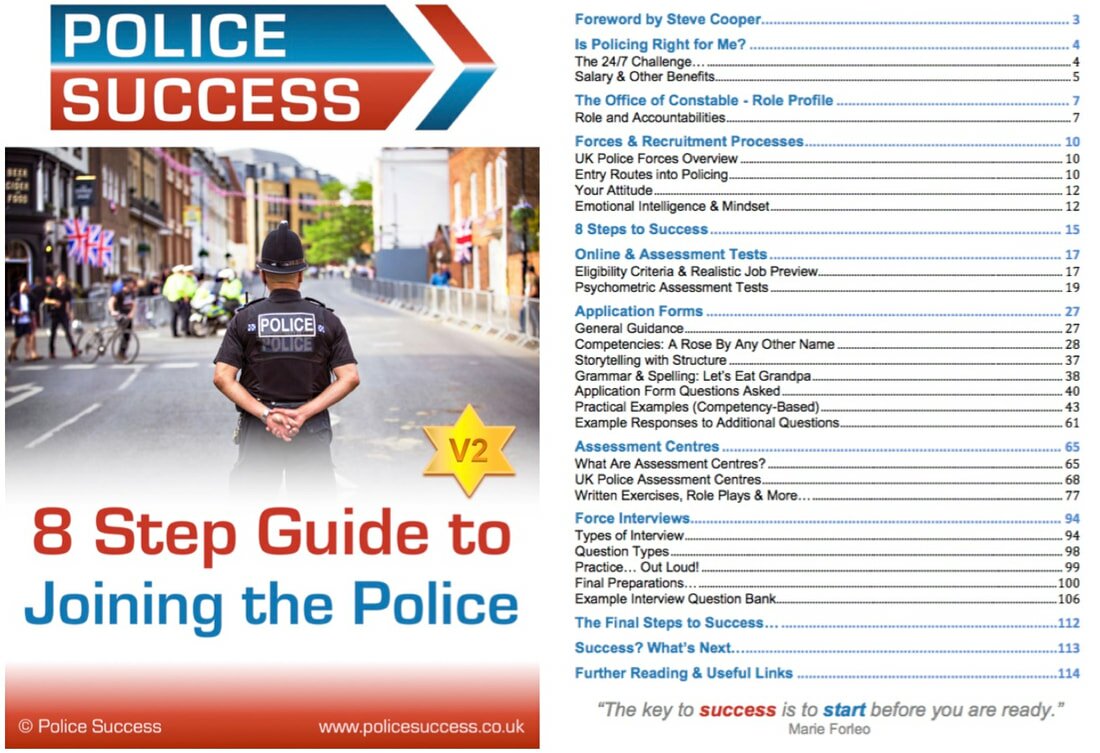Police Recruitment FAQs
|
Here are answers to questions that many applying to become a police officer in the UK often have. Whether it's about the role, salary, application process, or your onward UK policing career prospects, you can find information and answers here, completely FREE.
|
|



